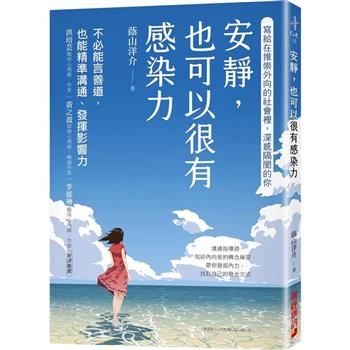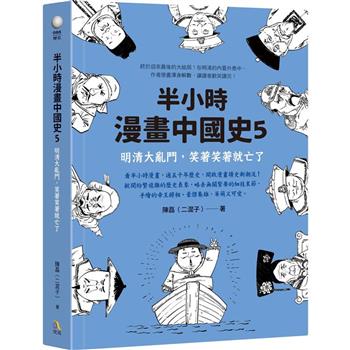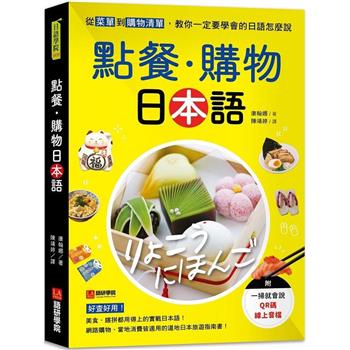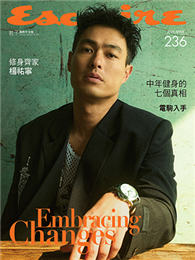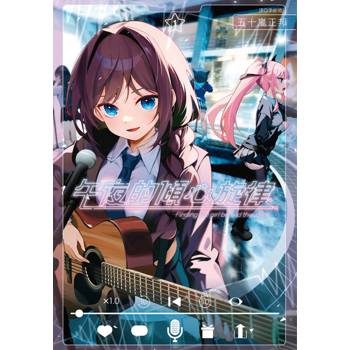Paloma Fresno-Calleja is Professor in English at the University of the Balearic Islands. Her research focuses on New Zealand and Pacific literatures on which she has published book chapters and articles in a number of international journals. She is co-editor (with Hsu-Ming Teo) of Conflict and Colonialism in 21st Century Romantic Historical Fiction: Repairing the Past, Repurposing History (2024), (with Janet Wilson) of Beyond Borders: New Zealand Literature in the Global Marketplace (Routledge, 2023) and (with Melissa Kennedy) of a special issue of Interventions: International Journal of Postcolonial Studies, "Island Narratives of Persistence and Resistance" (2023). She has been lead researcher of two research projects devoted to the study of popular romance and financed by the Spanish government: "The politics, aesthetics and marketing of literary formulae in popular women’s fiction: History, Exoticism and Romance" (2016-2020), and "Romance for Change: Diversity, Intersectionality and Affective Reparation in Contemporary Romantic Narratives" (2022-2025).
Hsu-Ming Teo is Professor of Literature and Creative Writing, and the Head of the Department of Media, Communications, Creative Arts, Language and Literature at Macquarie University, Australia. Her publications include Desert Passions: Orientalism and Romance Novels (2012) and the edited book The Popular Culture of Romantic Love in Australia (2017). She co-edited Conflict and Colonialism in 21st Century Romantic Historical Fiction: Repairing the Past, Repurposing History (2024) with Paloma Fresno-Calleja, TheRoutledge Research Companion to Popular Romance Fiction (2020) with Jayashree Kamblé and Eric Murphy Selinger, and Cultural History in Australia (2003) with Richard White. She has published widely on popular romance, romantic love, Orientalism, imperialism, historical fiction and popular culture.


